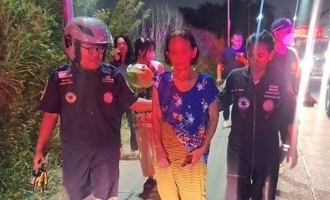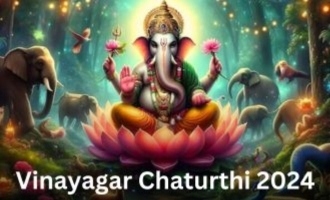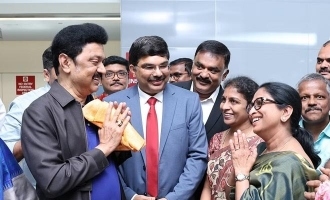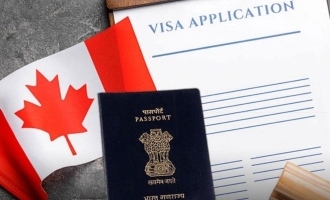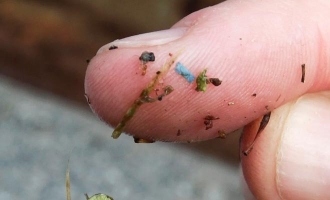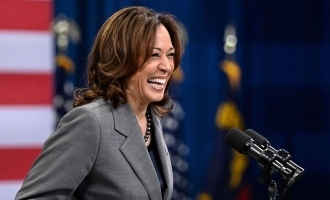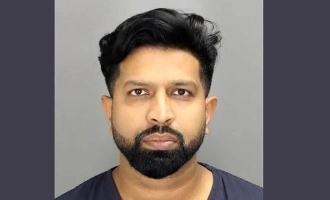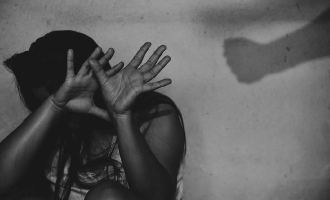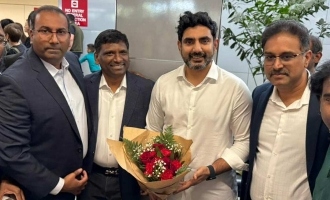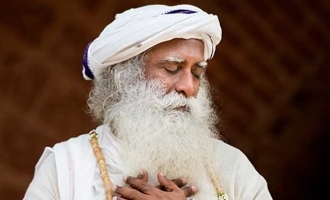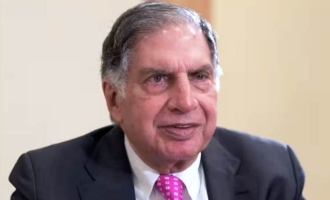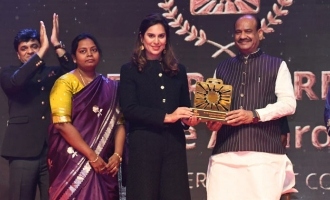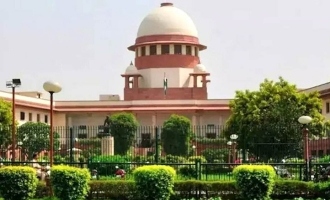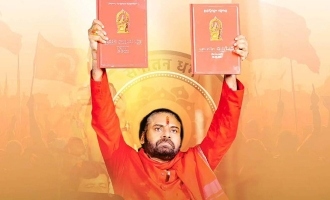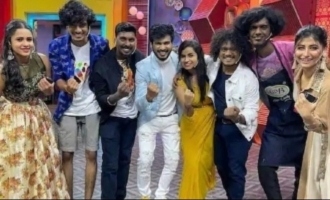Indian government issues new rules for social media and OTTs: Details


Send us your feedback to audioarticles@vaarta.com


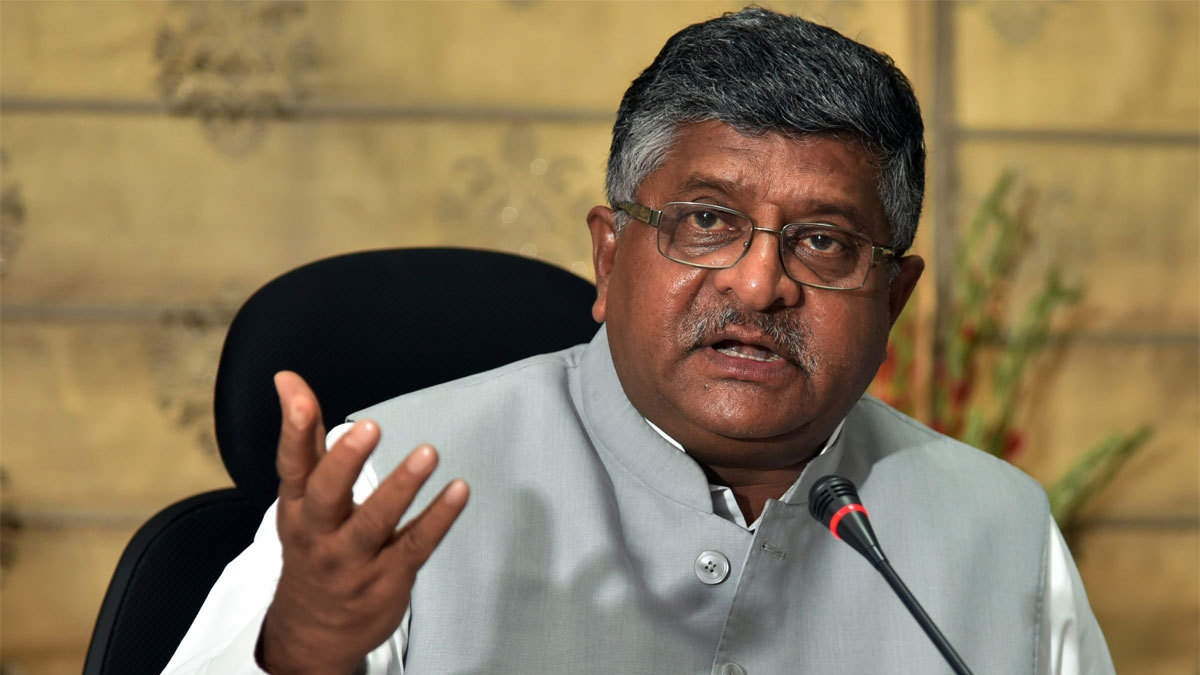
The Indian government on Thursday released a new set of guidelines to regulate social media and OTT platforms. The Information Technology (Intermediary Guidelines and Digital Media Ethics Code) Rules 2021 has reportedly been issued amidst growing concerns around lack of transparency, accountability, and rights of users related to digital media, according to a statement by the government.
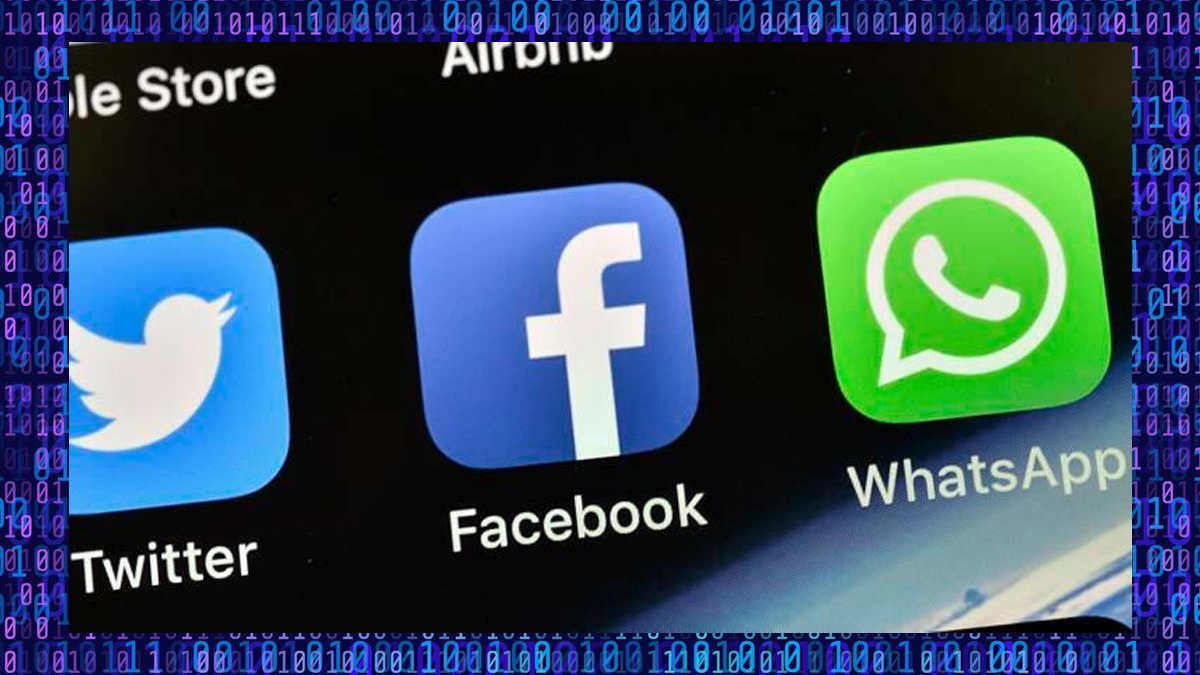
Announcing that "double standards of social media will not be acceptable," Union Electronics and Information Technology Minister Ravi Shankar Prasad spoke in a press conference about some of the strict oversight mechanisms for social media companies, including a robust grievance mechanism and measures for speedy redressal. "Social media platforms upon being asked either by a court order or a govt authority will be required to disclose the first originator of mischievous tweet or message as the case may be. All social media platforms are welcome in India but there shouldn't be double standards. If attack takes place on Capitol Hill, then social media supports police action, but if there's an aggressive attack on Red Fort, then you've double standards. This is plainly not acceptable," he stated.
Following are a few key takeaways from the press briefing -
Grievance Redressal Mechanism -
The ministry will create a grievance portal "as the central repository for receiving and processing all grievances from the public in respect of the Code of Ethics." Companies and tech giants will be appointing a grievance officer from India to receive and acknowledge complaints (from users/victims) within twenty four hours and resolve it within fifteen days from its receipt.
Identification and disclosure of the first originator of mischief -
The first originator of the information should be disclosed by social media for the purposes of investigation/punishment of an offence related to sovereignty and integrity of India, or in relation with rape, sexually explicit material or child sexual abuse material punishable with imprisonment for a term of not less than five years.
Voluntary verification of accounts -
Users who wish to verify their accounts voluntarily shall be provided an appropriate mechanism to verify their accounts and provided with demonstrable and visible mark of verification.
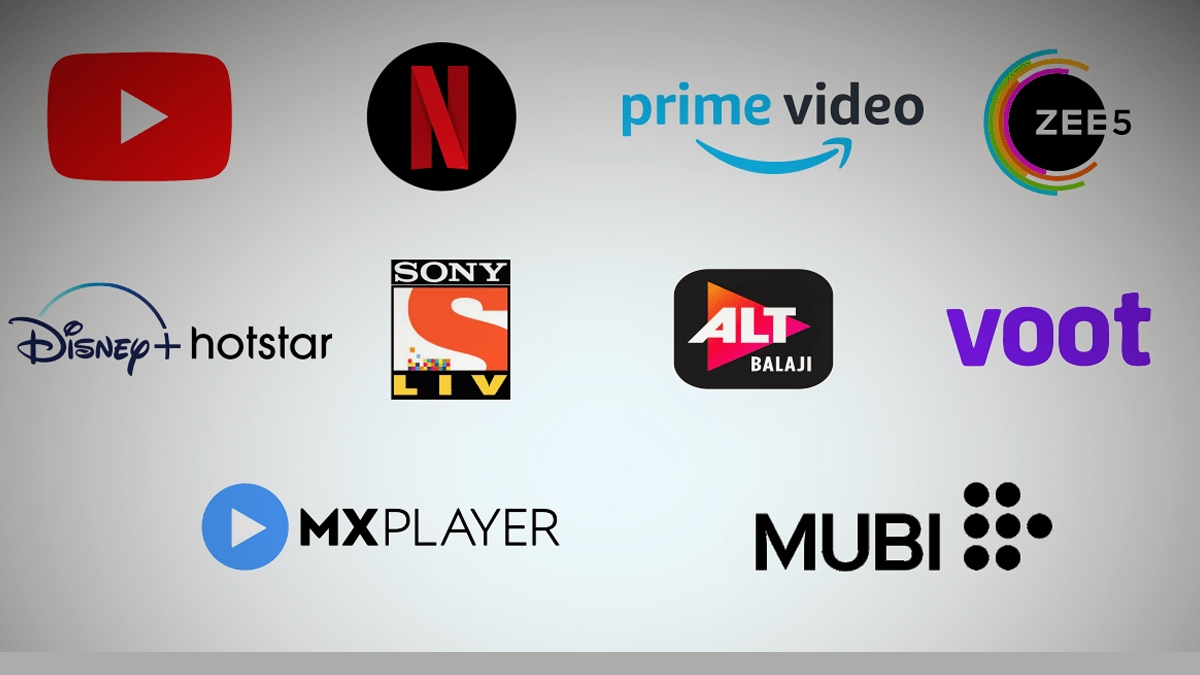
Opportunity for users to be heard -
If social media platforms remove/disable access to any information, a prior intimation for the same shall be notified to the user who originally shared information. Users will also be provided adequate opportunities to dispute the actions against them.
Self-classification of OTT content -
The OTT platforms are required to self-classify the content into five age based categories- U (Universal), U/A 7+, U/A 13+, U/A 16+, and A (Adult).
Platforms shall implement parental locks for content classified as U/A 13+ or higher, and reliable age verification mechanisms for content classified as "A."
The publisher of online curated content shall display the classification rating specific to each content along with a description informing the user about the nature of the content, and advising on viewer description (if applicable) at the beginning of every programme.
The social media platforms upon being asked either by the court or by the Govt. authority will be required to disclose the first originator of the mischievous tweet or a message: Union Minister @rsprasad#ResponsibleFreedom #OTTGuidelines pic.twitter.com/qU9A197bah
— PIB India (@PIB_India) February 25, 2021
Follow us on Google News and stay updated with the latest!
Comments
- logoutLogout

-

Anvika Priya
Contact at support@indiaglitz.com




 Follow
Follow














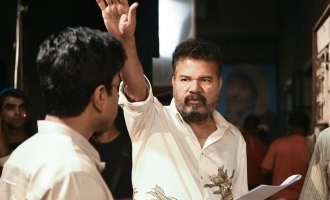
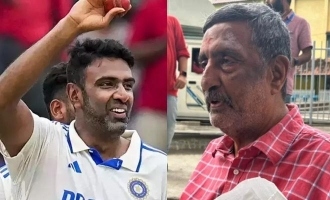
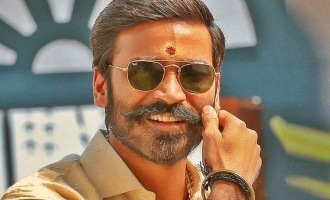
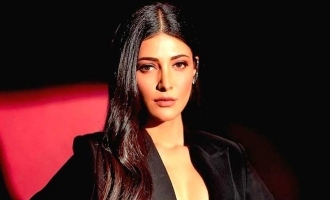

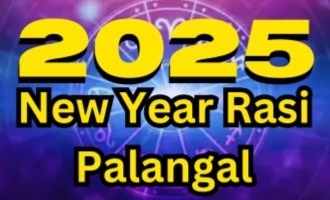
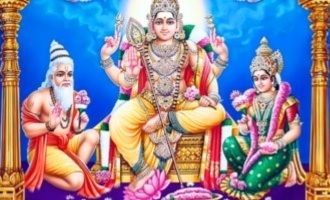
-a3e.jpg)
-3c4.jpg)
-e5c.jpg)
-e66.jpg)
-71b.jpg)
-5d5.jpg)
-adc.jpg)
-798.jpg)
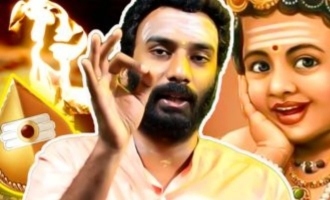
-7c2.jpg)

